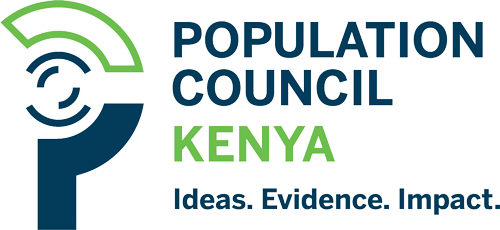Introduction
Behavioural interventions, an approach that focuses on modifying behaviours and attitudes, have increasingly gained recognition as a key tool in HIV prevention. These interventions are particularly relevant in addressing the needs of key populations, who are disproportionately impacted by HIV.
This session aims to enrich the understanding of the participants regarding the HIV epidemic and the pivotal role of behavioural Interventions, thereby informing future actions that lead to more effective and impactful results.
Objectives
- Understand Eswatini's HIV Epidemic and the role of behavioral Interventions.
- Learn strategies for designing behavioral Interventions for Key Populations in Eswatini.
- Discuss challenges and learnings from past implementation of these interventions.
Proceedings:
The session kicked off with opening remarks from the Eswatini National AIDS programme (ENAP). Sindy reviewed Eswatini's HIV Epidemic and the role of behavioral interventions. Bheki Sithole representing FHI360/CANGO Programme strategies for designing behavioral Interventions for Key Populations in Eswatini.
Subsequent presentations featured experience sharing from various community-led initiatives, including VOOV, Trans Swati, and ROH. These insights enriched our understanding of how these interventions have been implemented on the ground.
To wrap up, Khanyi Nyembe from the Ministry of Health facilitated a session focusing on challenges and learnings from past implementations, followed by a robust Q&A session. The session concluded with reflections on the seven key takeaways shared by representatives from Congo, South Sudan, and Uganda.
Event resources
Resources from this session can be accessed below.
Download Event Material

















